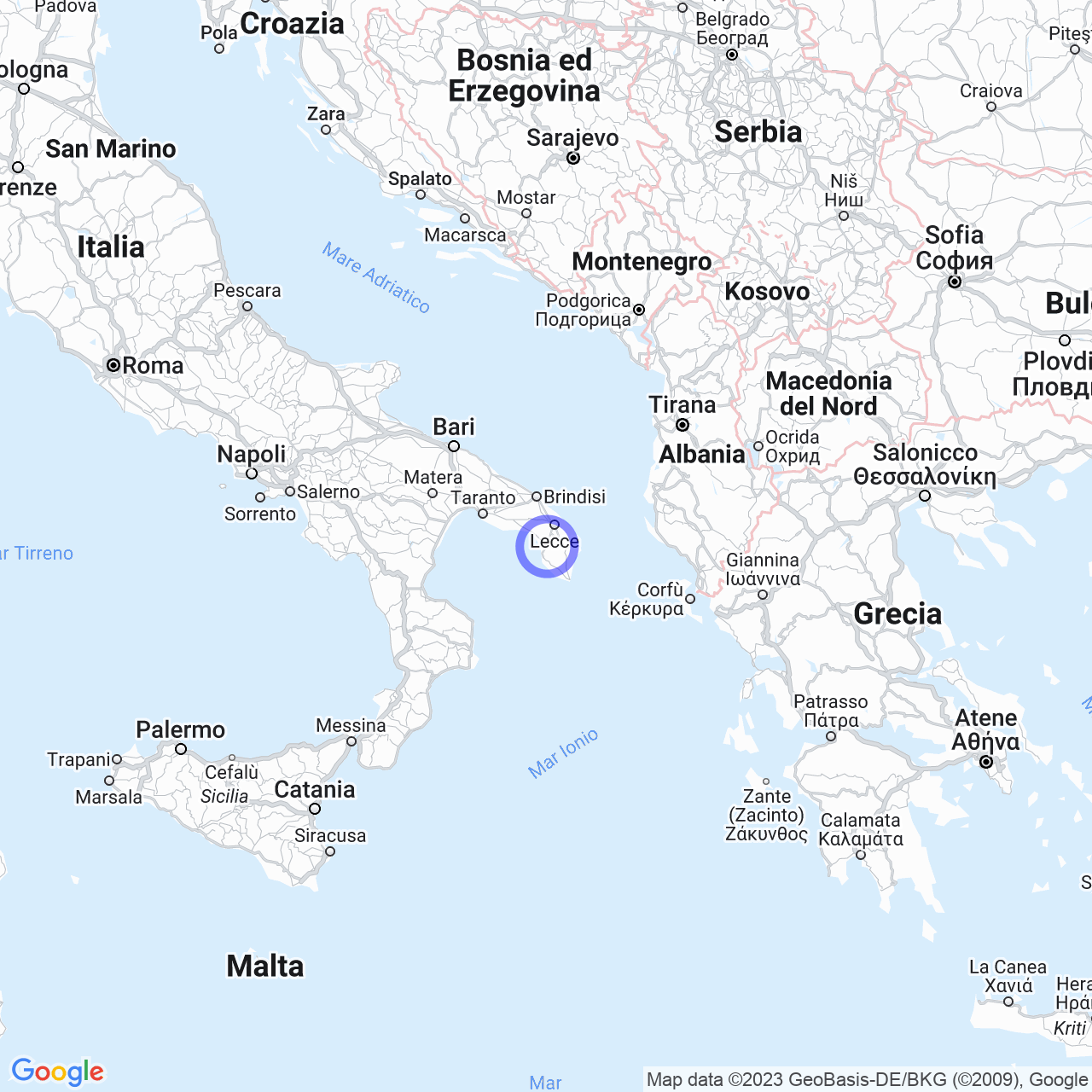Galatone
Welcome to Galatone: an overview of the city
Hello friends, today we will talk about Galatone, a charming city in Puglia, in the province of Lecce. With its 15,016 inhabitants and the title of City of Italy, conferred in 2005, Galatone is a place full of history and natural beauty. The city is located on the Ionian Sea and enjoys a breathtaking view of the coast, with particular interest to the localities of Montagna Spaccata and La Reggia.
The origins of Galatone
The origins of the city date back to the Greek-Byzantine era, when the city took on the role of "castle" in Byzantine Greek. Later, during the Norman-Swabian period, Galatone developed in an organic way, administering the hamlets of Corillo, Feudonegro, Morice, Renda, San Cosma, Tabelle, Tabelluccio, and Fulcignano. The city has maintained its cultural and religious heritage over time, with the Greek language still spoken until the end of the 15th century and the Byzantine Rite religion lived in the city.

Physical geography of Galatone
The municipal territory of Galatone extends for 46.54 km², at 57 m above sea level and overlooks the Ionian Sea with the localities of Montagna Spaccata and La Reggia. The urban center is located along the SS 101 Salentina di Gallipoli, 24 km from Lecce and 13 km from Gallipoli. The territory of Galatone includes the fiefs of ancient medieval hamlets, such as Tabelle, Tabelluccio, Fulcignano, San Cosma, Fumonegro Morice, and Renda. It is crossed by the Asso stream, an ancient river course that conveyed water from Cutrofiano and Neviano. Galatone borders to the north with the municipalities of Nardò and Galatina, to the east with the municipalities of Seclì and Neviano, to the south with the municipalities of Gallipoli and Sannicola, and to the west with the Ionian Sea.
Climate of Galatone
The climate of Galatone is Mediterranean, with mild winters and hot and humid summers. The average temperature of the coldest month, January, is about +9°C, while that of the hottest month, August, is around +25.1°C. The average annual rainfall is about 676 mm, with a minimum in spring-summer and a peak in autumn-winter. Western currents are weak thanks to the protection of the Salento Mountains, while autumn and winter currents from the southeast bring more precipitation than the rest of the peninsula.
Galatone, an important agricultural center
Galatone has been an important agricultural center in the province of Lecce. The territory has been used for the cultivation of olive trees, vineyards, and citrus orchards. The city produces fine olive oil, wine, figs, almonds, and local gastronomic specialties.
What to see in Galatone
Galatone offers numerous tourist attractions. You can visit the historic center, with its noble palaces and churches of the 18th and 19th centuries, such as the church of Santa Maria della Grazie and that of San Paolo. The city is also the homeland of the humanist Antonio De Ferrariis, known as Galateo, and you can visit the Civic Museum Antonio De Ferrariis. Moreover, it is possible to take a walk in the surrounding countryside, admiring the natural beauty of the territory.
Conclusions
In conclusion, Galatone is a wonderful city with a lot of history, natural beauty, and cultural heritage. The city has much to offer to visitors, including its beautiful beaches, excellent food, and Mediterranean climate. If you are thinking of visiting Puglia, Galatone is a place you absolutely must visit!
